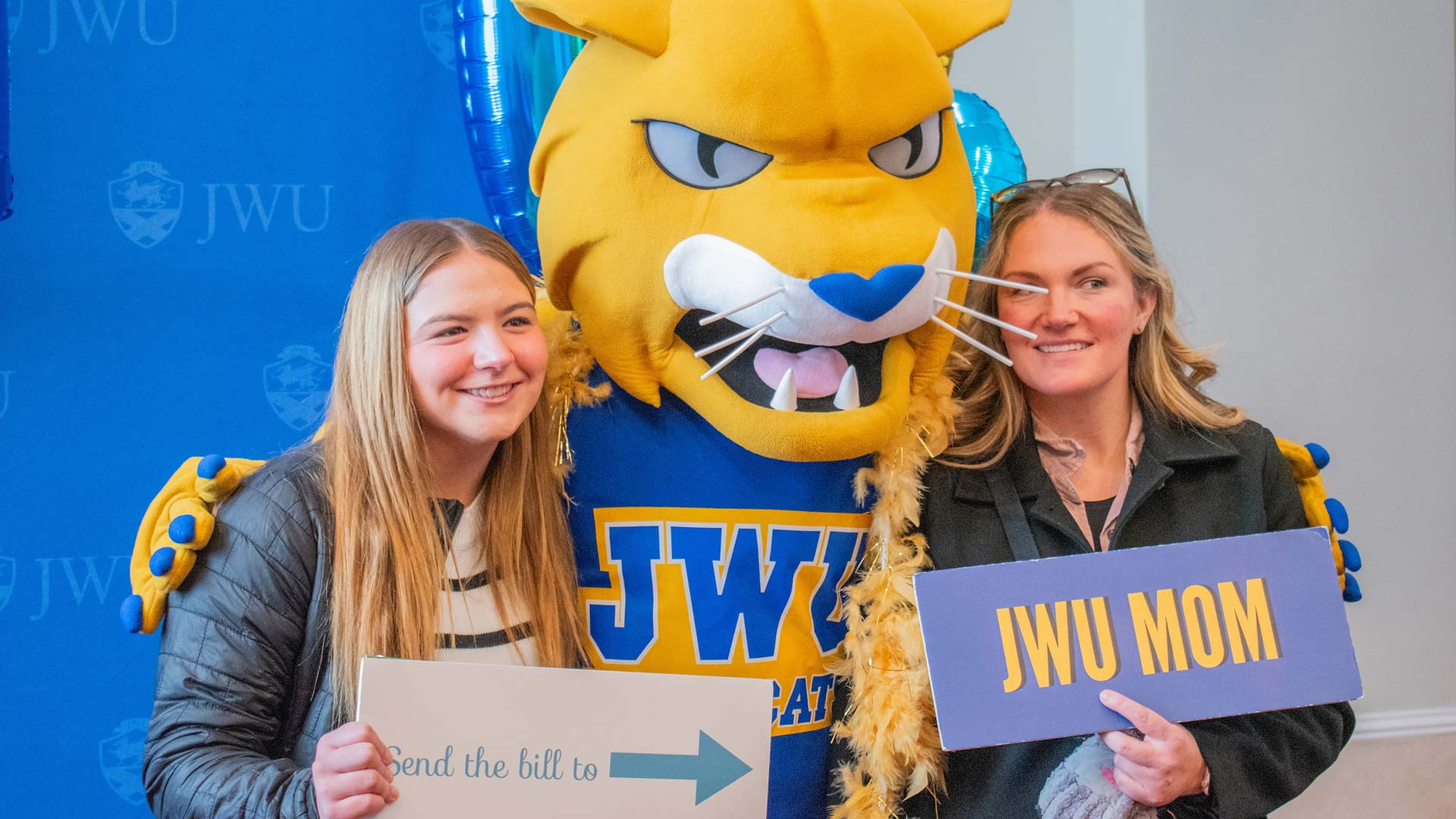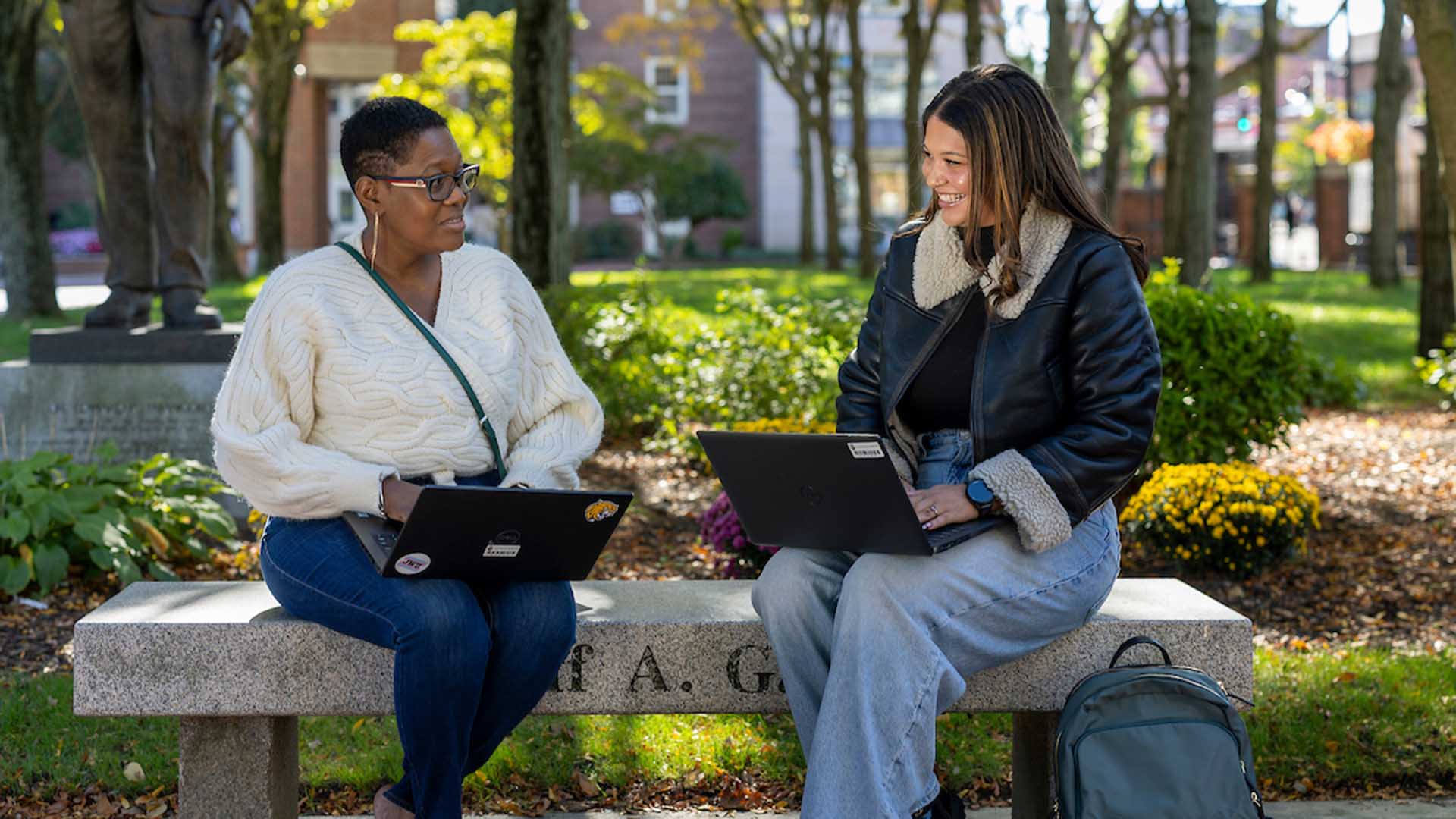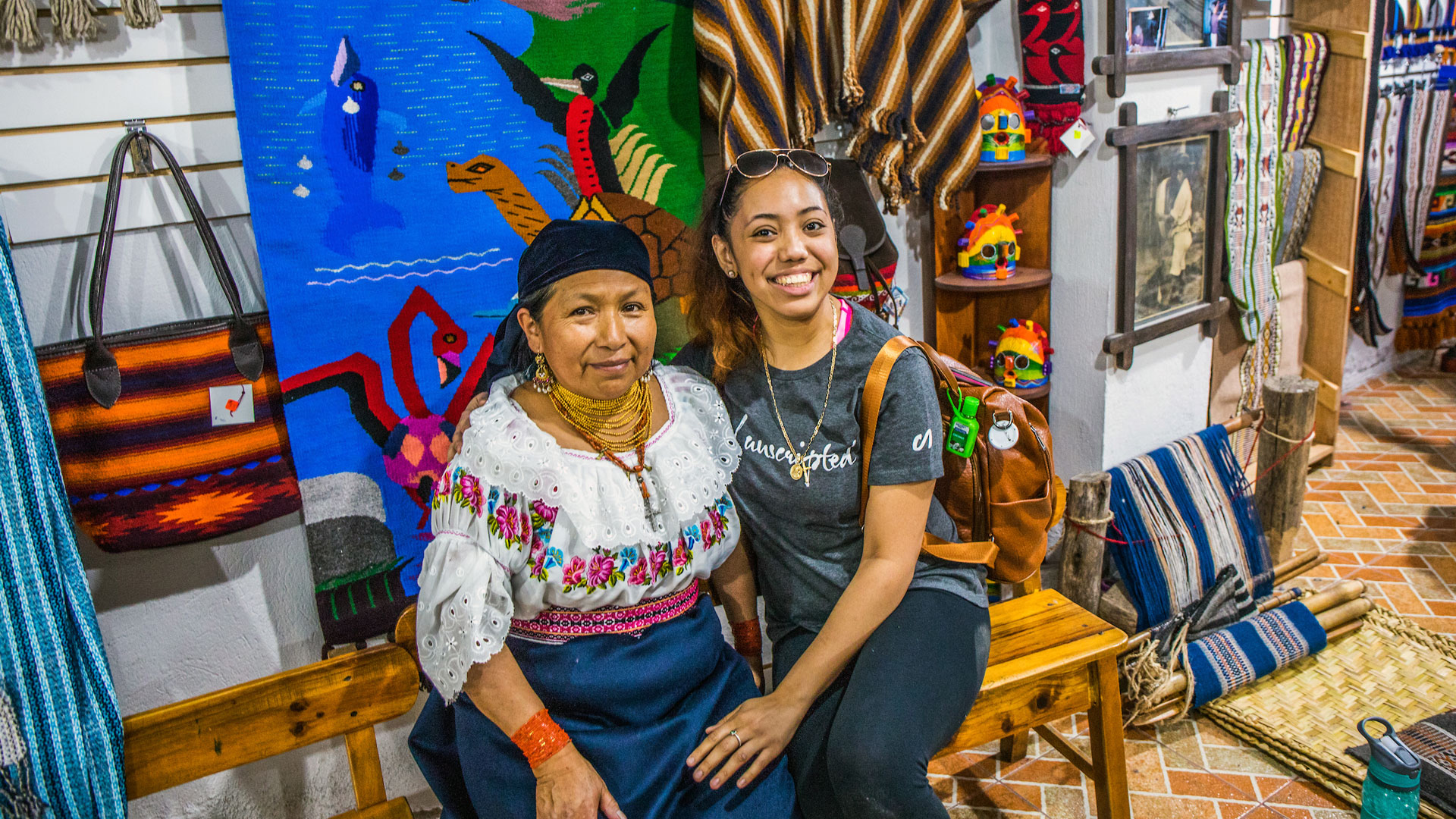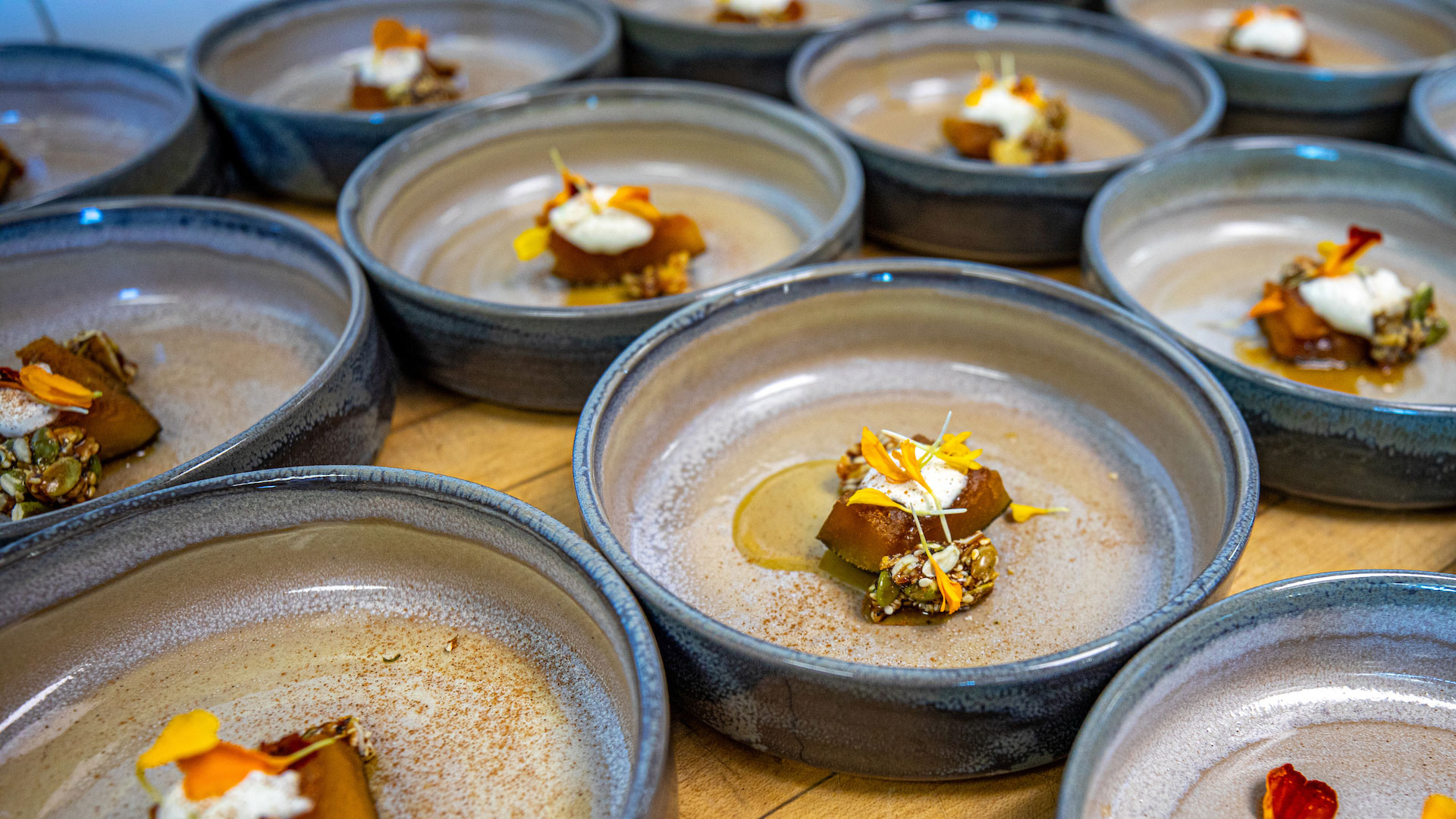10 Tips from Women Leaders
It took two forward-thinking women to found Johnson & Wales University, and 111 years later, women are still forging paths as leaders.
To celebrate Women’s History Month, two women’s leadership panels provided inspiration and empowerment for tomorrow’s leaders, with JWU Providence President Marie Bernardo-Sousa, LP.D., '92 moderating the Providence Campus panel and Mali Towe '25, who rose to national fame in 2024 by winning the RATIONAL/JWU Student Innovation Challenge, moderating the JWU Charlotte alumnae panel.
From their panel discussions, we’ve compiled 10 tips for emerging women leaders on mentorship, seeking feedback, knowing your worth, work/life balance, finding ways to grow, leaning on your community, empowering others, developing skills for success, following your passions and taking up space.
1. Get a Mentor – Or Become One Yourself
“I think we underestimate our ability to give back at every stage in life,” Broderson noted. “You don’t arrive at a particular moment or destination and get appointed a mentor. When I’m the mentor, I learn as much from the mentee as they’re learning from me; a reciprocal relationship develops. It’s impactful if there’s a spark or connection, such as a similar upbringing or geography or how we each tackle a project.”
“Mentorship is not about you looking to copy someone else’s style but helping you understand your own style and where it might and might not support you,” said Ducharme. “We need to pivot; we can’t live in one style 100% of the time but have to recognize what the situation is. I always think about prior mentors and how they would manage similar situations.”
Students can also be mentors, empowering their instructors to better help students succeed. Chancellor Mim Runey, who introduced the JWU Providence panelists, welcomed this way of thinking: “Lifelong learning comes in many forms, and I embrace my role in cultivating that spirit. I’m more often inspired by students and colleagues than they are by me.”
2. Seek Constructive Feedback
“Look for mentors both within the work you do as well as outside of your organization,” advised Ducharme. “It’s incredibly helpful to seek mentors who can give you hard, constructive feedback that might be tough for a colleague but easier for someone with no risk in providing it other than the gain from being a mentor. You’re in a different position to respond that feedback when people work outside of your area. Just be a sponge.”
“Mentorship comes from everywhere,” Merchant noted. “If you have honesty and camaraderie you can get to the next level. I’ll ask my best friend if I can give some gentle criticism like, ‘Stop calling the young lady working for you “kiddo;” even though you’re decades older, it’s not cool.’” Or we can teach each other how to dress or practice a presentation.”
Merchant added, “My mentor at Ford would take me to the floor and show me something and ask, ‘Did you see how they reacted to me vs. you? If they don’t respect you, you need to figure out why.’ Seek people who are honest and direct with you.”
3. Know Your Worth
“I encountered a lot of challenges, internally and externally, especially working on farms and working with contractors,” said Henry. “I had to really learn how to step into that sit into that seat, and you can’t wait for somebody to pull the chair up for you. You have to know that you're supposed to be there. You have to own that; there’s a lane for us.”
“Your career’s not a gift,” Merchant stated. “You’re looking to be recognized for your value. Look at the world, understand the market, know your worth and how long you’ve done it. Be able to recite accomplishments and mistakes you’ve learned from. Once you prove your ambition and willingness to learn, you realize that negotiating isn’t asking for favors or privileges. It’s about wanting recognition and knowing that you deserve it.”
Broderson experienced inheriting more and more responsibility for the same pay. “It was the nature of women: I just kept going to the point that I was doing multiple people’s jobs,” she shared. “I told our leader, ‘Hey, I think we need to look at my pay,’ and that had the impact it needed to. It’s not always an intentional oversight; it can happen in large organizations with a lot of change. Don’t be shy about having that conversation. It felt authentic not to demand but to call it out, and it worked.”
“You have to know the right time and the right manner to negotiate,” Ducharme noted. “Negotiation comes after successes and visible accomplishments. Do research on the market and articulate your value in that proposition. It’s an ongoing negotiation on your worth and what you brought to the organization.”
4. Don’t Be Afraid to Balance Work and Family
“Every human struggles with this and with guilt that you’re not where you’re supposed to be,” Broderson stated. “I set standards for myself around things I’m not going to miss in personal life, such as doctor’s appointments for my children, or in my career, such as overseeing an acquisition. I knew opening the first global roastery at Starbucks would be a heavy lift, so I communicated with my family and checked that I had their support. Try to create standards for yourself, communicate them and ask for help when you need it.”
“Don’t artificially separate work and life: there will be times where more time is needed spent at each, but it’s not tossing balls in the air,” Ducharme noted. “To be whole, ask, ‘Where do I need to be right now and be absolutely fully present?’ That’s where you get balance and integration.”
5. Seek Opportunities to Grow
“In my short time at JWU, I knew I had to soak up every bit of interaction, knowledge and experience that I possibly could before I was out into the world of my internship, and so I had an instructor tell me to say yes to everything,” said Parrish. “That was difficult because it meant a lot of tradeoffs with my personal life. But I wouldn't change any one of those experiences in the world, because it led me to volunteering at a lot of events. I learned so much and forged so many connections doing that.”
“Take on any and all opportunities,” advised Ducharme. “You never know which will be the most salient to your career growth, life happiness and future opportunities. Embrace discomfort, take risks and accept failures as learning. I prefer a more organic approach. Some positions were lateral moves or even a step back because I had three kids in four years, but I needed to be who I am. I have few regrets about not achieving goals in pre-set timeframes; instead, I would regret sacrificing balance or principles.”
6. Lean on Your Community
“You don't have to wait until somebody gives you permission to have a seat at the table,” Howard noted. “Think about where you come from, your experiences, the seeds that have been planted in you. Where do you show up best? What are the things that you do better than your friends? Those are what I would suggest you lock into and start to water those seeds so they can break ground. Ask questions, get into it and talk to people in the community. Everyone is there to help.”
“When I wanted a change, it was a leap going from 25 year with a structured Fortune 500 to doing something on my own,” shared Broderson. “To better understand what’s possible and test ideas, I went to my network; I had cultivated relationships with so many people, including when I was in the teaching assistant fellowship program at JWU, and it was so valuable. Seek opportunities to reach out, check ideas and ask good questions to help you define where you might want to go.”
7. Impact and Empower Others
“If you throw out an idea, make it the team’s,” Merchant advised. “If have an idea but I’m not sure if it will work, I give it to my team to help me explore if it’s viable. Pushing it through makes it the team’s success. Now you’re helping others succeed and giving others credit and opportunity to be part of it and have self-worth. Asking, ‘How can I make these people successful?’ has been my whole career. People all over the world still call me ‘boss’ because they remember me doing that.”
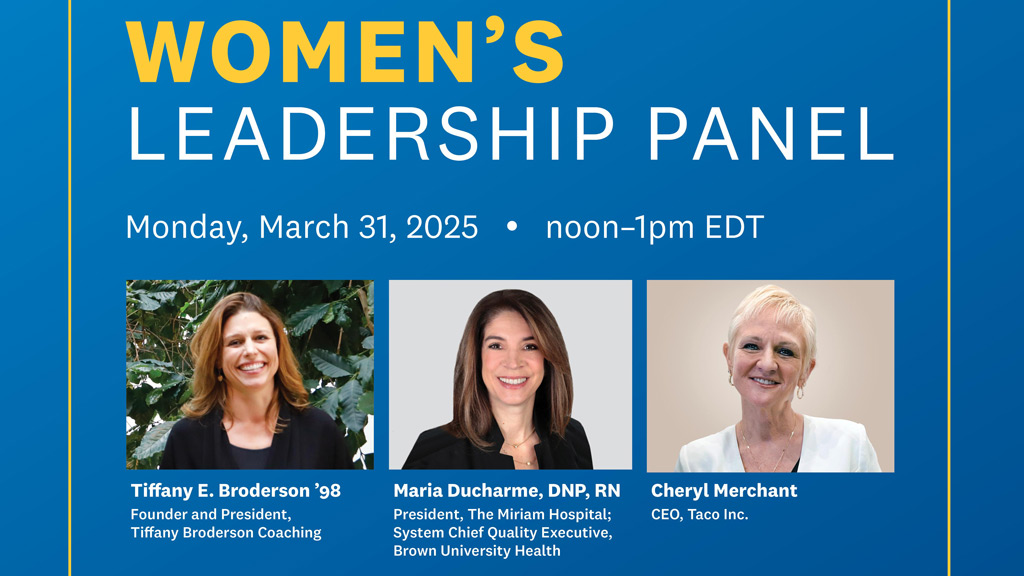
Parrish has learned that women can create spaces that support and empower other women: “I was very fortunate to work with and for an incredible female staff at a restaurant whose owners were a mother/daughter team who ran a successful business in Charlotte for 35 years. It was a very female-dominated kitchen, and it really showed; it was generally very calm and chill, and it made me value working in a predominantly female kitchen — especially in a business where that's not always the case.”
“I think we have to lift each other up,” said Henry. “I think if we can see ourselves in this community and how every person comes to the table with their own value, we can really build something beautiful. In the food system, there aren’t a lot of female farmers; we need more. But we also have a different way of handling challenges and approaching operations. There are very dominant qualities we all have, but women also incorporate a lot of thinking and feeling in decision-making.”
8. Develop Skills for Success
What do our panelist leaders look for in recent graduates?
“I look for curiosity,” Broderson stated. “When people express a thirst for knowledge and understanding and have that energy, that will go far. It’s a trait regardless of whether you’re a new entry and is very valuable. Being consistently curious is key.”
Learning from mistakes is a valuable skill as well. “All of those failures, all of those trials and errors, lead to your successes, and you won't learn anything from the stuff that you do right,” said Howard. “You learn the best from the stuff that you screw up, but especially when you are present."
“Exposure is key; get out there and drag everything,” advised Parrish. “My résumé looks crazy because I went a bunch of different places, but it was really worth it. You might have to back up a little bit to go forward in the right direction, but do it. You’re not wasting time; every experience that you have is going to work together. So step outside of your comfort zone, ask the questions, really lean on discovering where the gap is in the industry or even within yourself. If we're waiting on somebody else to do it, it's not going to happen.”
9. Follow Your Passions
“It was my chefs here at JWU that poured into me once they saw that I was trying to do something,” said Howard. “So take the initiative, and once you start to do that, people will see that, and people will come in and pour into that. When you show up and be of service, you start to see those same familiar faces, so talk to them and see what develops. Iron sharpens iron. Think about what you want to show, what story you want to tell, and then start to tell your story. Don't wait for permission; go and be everything tyou want to be. Start doing it now and tap into your resources.”
“Taking this job was a huge risk for me; I really struggled with the decision to step outside of the spotlight at the time,” said Hovis of her work at Community Matters Café. “Now I’m able to pour into people every single day. Don't limit yourself to opportunities, because there's more than just working in the restaurant or on the line or in hotels and bakeries. There's so much more that I don't think any of us could have even dreamed of.”
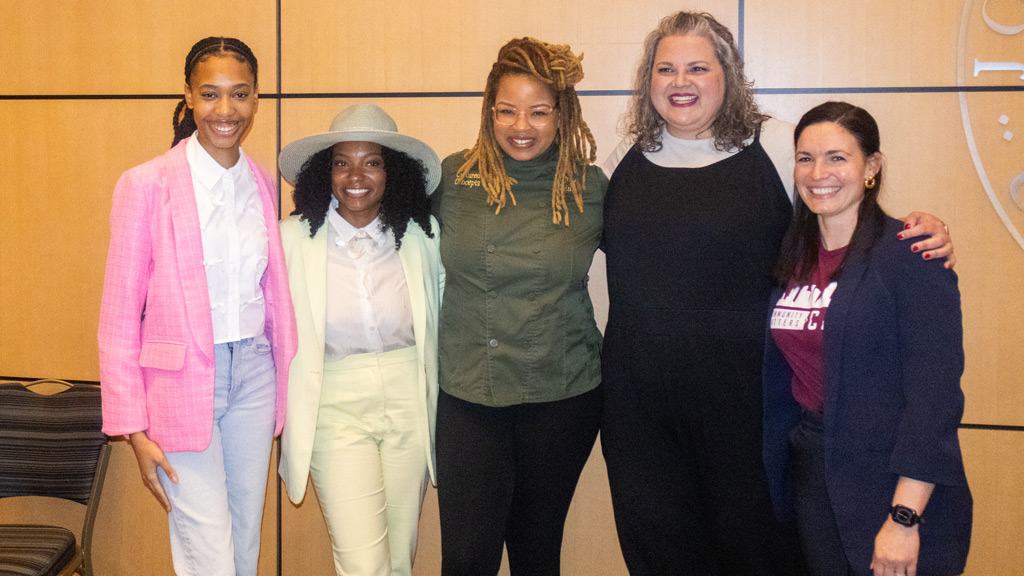
“That's why I think we’re here to carve the path out — because we had something that kept nagging at us to say, ‘I'm not stopping until I get there, and I'm still going after that. I am not done’,” said Parrish. “Keep your options open, be very flexible to what you think your end goal is and enjoy the journey along the way — because you're not going to be able to go back and do it again.”
10. Take Up Space
“I served about 10.5 years as an Air Force avionics maintainer — one of maybe four girls out of 400 troops,” Howard shared. “I was the only one that looked like me, and even before I stepped off the plane guys were making assumptions based on my appearance. When you go into some spaces, people already have a perception of who you are, how you’re going to show up and your work ethic. You have to challenge that. Don't give anybody a reason to think what they think about you. You have to walk into spaces with imaginable faith.”
“Don’t change who you are,” advised Parrish. “You may just have to take on different aspects of the role you’re not comfortable with, but do it as authentically as you can.”
Meet Our Panelists
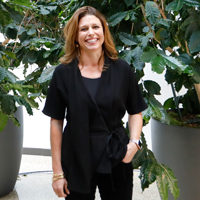 Tiffany E. Broderson ’98 is founder and president of Tiffany Broderson Coaching, where she applies her extensive knowledge gained through leading restaurant operations and driving growth in a high-paced company to empowering clients to recognize their potential and achieve their goals. Her experiences include operating a unique flagship location for a Fortune 200 founder and navigating a global supply chain through the challenges of the pandemic, and her focus is on helping people grow, develop and thrive.
Tiffany E. Broderson ’98 is founder and president of Tiffany Broderson Coaching, where she applies her extensive knowledge gained through leading restaurant operations and driving growth in a high-paced company to empowering clients to recognize their potential and achieve their goals. Her experiences include operating a unique flagship location for a Fortune 200 founder and navigating a global supply chain through the challenges of the pandemic, and her focus is on helping people grow, develop and thrive.
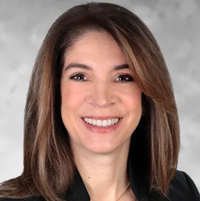 Maria Ducharme, DNP, RN, is president of The Miriam Hospital and system chief quality executive of Brown University Health. Her leadership roles have included inpatient nursing, respiratory therapy and rehabilitation services, and she has led some of The Miriam’s most ambitious and successful efforts in patient care, including attaining four-year Magnet recognition (considered the gold standard for nursing excellence) six consecutive times — a feat accomplished by only three other hospitals in the United States.
Maria Ducharme, DNP, RN, is president of The Miriam Hospital and system chief quality executive of Brown University Health. Her leadership roles have included inpatient nursing, respiratory therapy and rehabilitation services, and she has led some of The Miriam’s most ambitious and successful efforts in patient care, including attaining four-year Magnet recognition (considered the gold standard for nursing excellence) six consecutive times — a feat accomplished by only three other hospitals in the United States.
 Mariah Henry ’19, director of urban agriculture at Carolina Farm Trust, is on a mission to re-educate, reform and lead communities into economic resiliency through food. She has bridged gaps to ensure consistent access to quality meals and local foods while identifying inequalities with BIPOC and minority farmers. Through regenerative and climate smart practices she is preparing emerging agricultural leaders and curating a seamless pipeline of sustainable food production to consumption.
Mariah Henry ’19, director of urban agriculture at Carolina Farm Trust, is on a mission to re-educate, reform and lead communities into economic resiliency through food. She has bridged gaps to ensure consistent access to quality meals and local foods while identifying inequalities with BIPOC and minority farmers. Through regenerative and climate smart practices she is preparing emerging agricultural leaders and curating a seamless pipeline of sustainable food production to consumption.
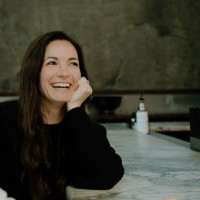 Ashley Anna Hovis ’17 is both an adjunct instructor at JWU and director of café operations at Community Matters Café, which provides life skills training to adults who’ve struggled with substance abuse addiction and are working to transition back into their community. While serving in the U.S. Army, she spent four years as an explosive ordnance disposal technician and also facilitated Presidential protection with the Secret Service before pursuing her education as a pastry chef and then business leader. Her passions are leadership development and organizational culture.
Ashley Anna Hovis ’17 is both an adjunct instructor at JWU and director of café operations at Community Matters Café, which provides life skills training to adults who’ve struggled with substance abuse addiction and are working to transition back into their community. While serving in the U.S. Army, she spent four years as an explosive ordnance disposal technician and also facilitated Presidential protection with the Secret Service before pursuing her education as a pastry chef and then business leader. Her passions are leadership development and organizational culture.
 Gillian Howard ’20, culinary artist at Your Cultured Chef and the Can U Cook? program and veteran of the U.S. Air Force where she served as a technical sergeant, is passionate about creating a tantalizing taste experience for her clients. While still at JWU, she founded Cultured Concepts, offering in-home catering, private cooking classes and menu consultation. Today, Howard can often be found leading cooking classes and culinary camps for Charlotte-area youths, encouraging the next generation to appreciate food.
Gillian Howard ’20, culinary artist at Your Cultured Chef and the Can U Cook? program and veteran of the U.S. Air Force where she served as a technical sergeant, is passionate about creating a tantalizing taste experience for her clients. While still at JWU, she founded Cultured Concepts, offering in-home catering, private cooking classes and menu consultation. Today, Howard can often be found leading cooking classes and culinary camps for Charlotte-area youths, encouraging the next generation to appreciate food.
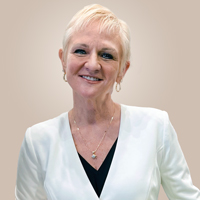 Cheryl Merchant, CEO of Taco Inc., has over 40 years of national and global leadership experience with industry giants such as GM, Mazda, Ford, and Lear Corporation as well as spending 19 years as president and CEO of Hope Global, growing the company to Tier II leadership in the automotive industry. Since she joined Taco in 2019, the company has doubled in revenue, expanded the workforce by 350 team members, acquired a new business unit in England and has planned global operational facility expansions.
Cheryl Merchant, CEO of Taco Inc., has over 40 years of national and global leadership experience with industry giants such as GM, Mazda, Ford, and Lear Corporation as well as spending 19 years as president and CEO of Hope Global, growing the company to Tier II leadership in the automotive industry. Since she joined Taco in 2019, the company has doubled in revenue, expanded the workforce by 350 team members, acquired a new business unit in England and has planned global operational facility expansions.
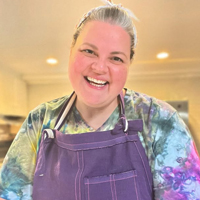 Laney Parrish ’16, executive director of the Piedmont Culinary Guild, has pursued her dreams of being a chef since attending JWU, where she interned with 300 East before working her way up to pastry chef. She has co-chaired the guild’s board of directors and was appointed executive director in 2024, continuing PCG’s mission to preserve local flavors and support food businesses. She can be found at farmer’s markets and events such as Mastering the Craft competitions and the National Pastry Conference, pursuing her passion for food.
Laney Parrish ’16, executive director of the Piedmont Culinary Guild, has pursued her dreams of being a chef since attending JWU, where she interned with 300 East before working her way up to pastry chef. She has co-chaired the guild’s board of directors and was appointed executive director in 2024, continuing PCG’s mission to preserve local flavors and support food businesses. She can be found at farmer’s markets and events such as Mastering the Craft competitions and the National Pastry Conference, pursuing her passion for food.
